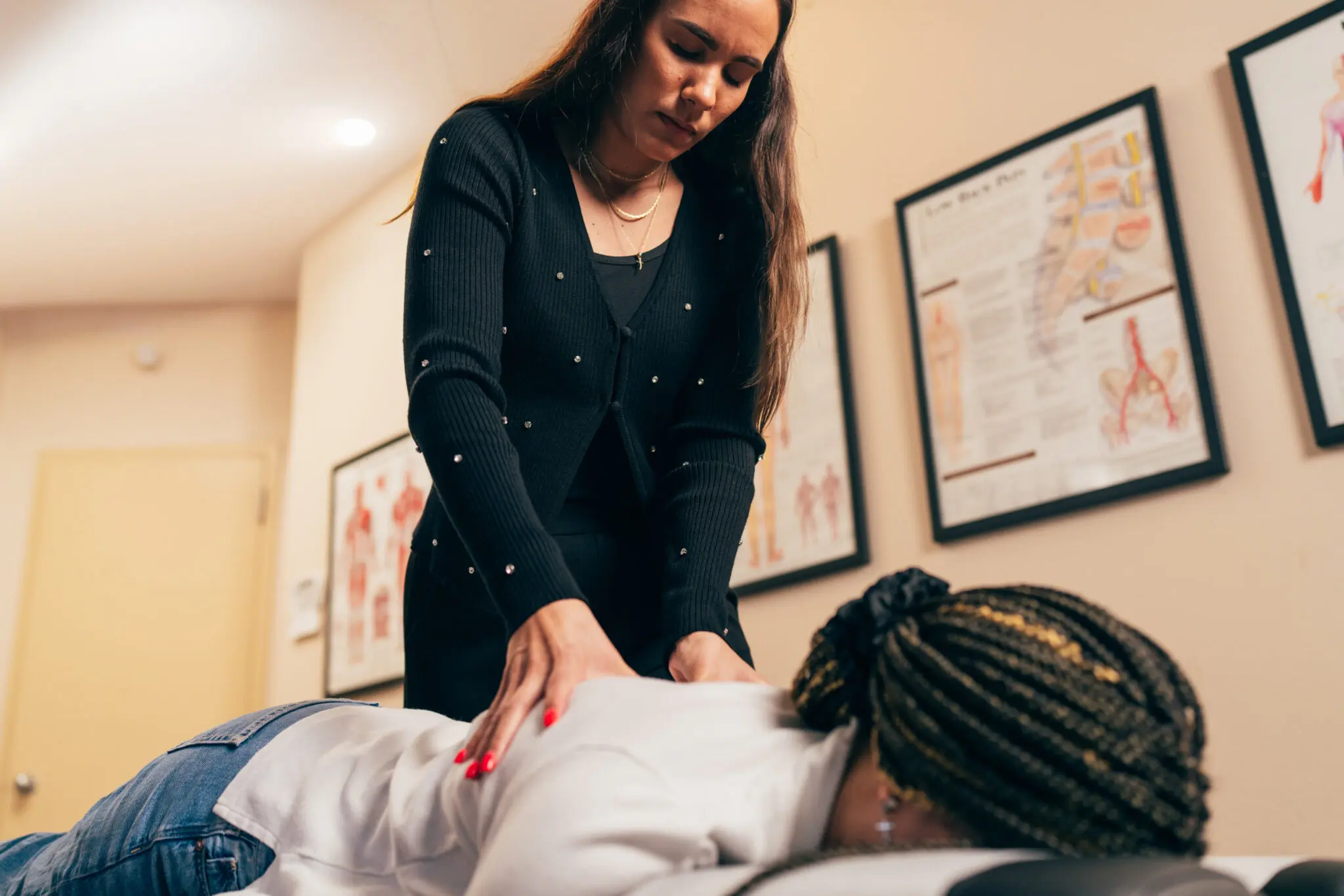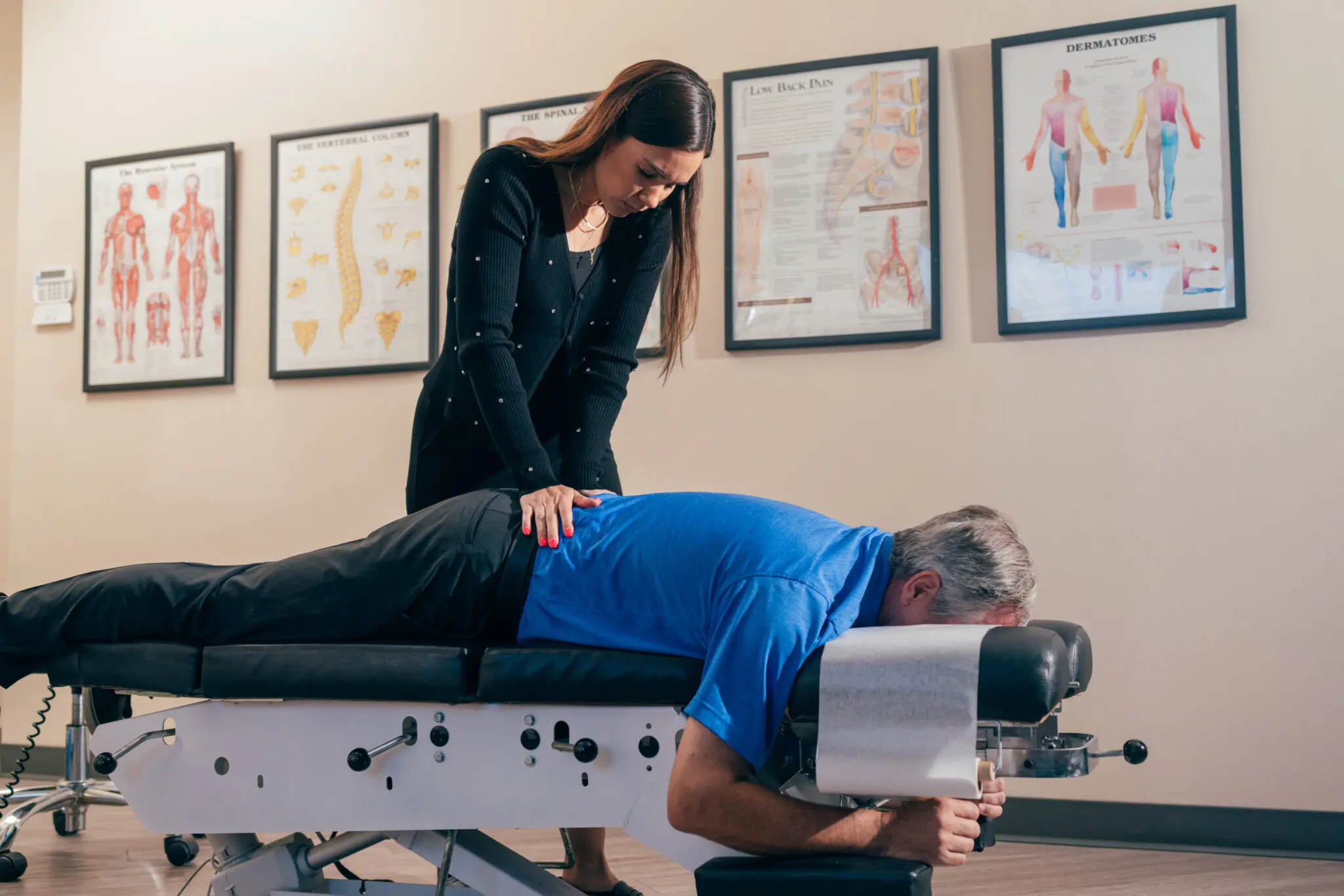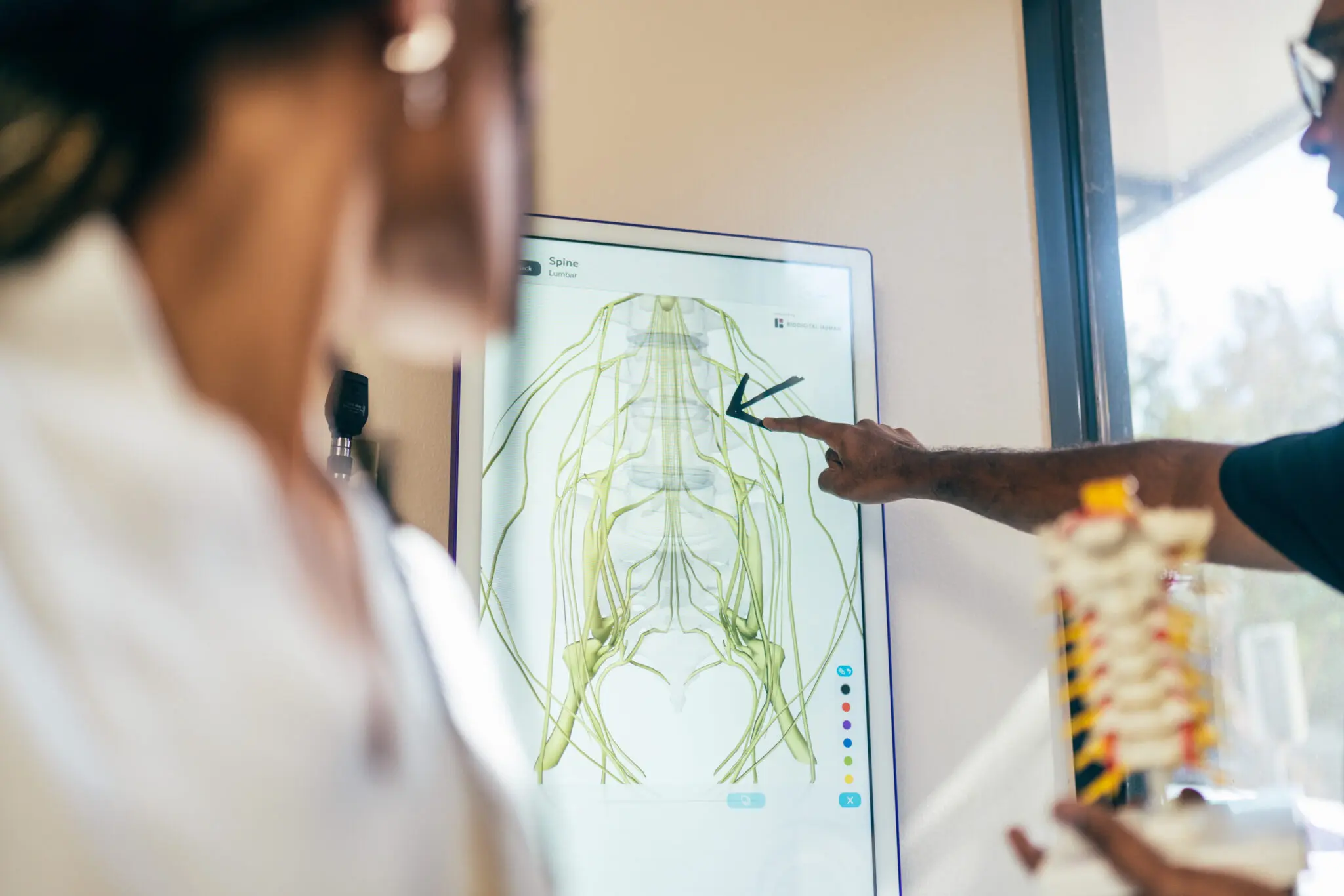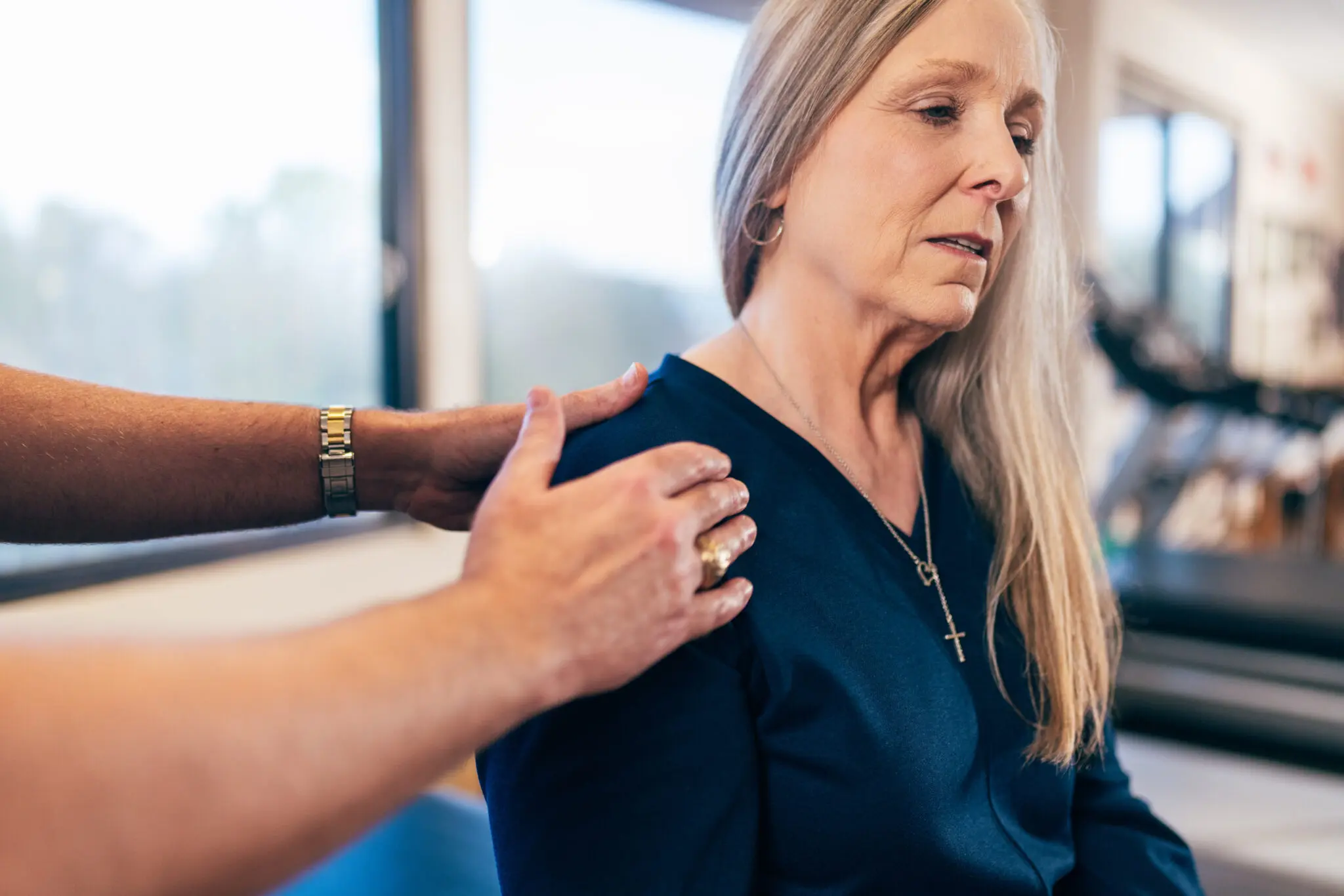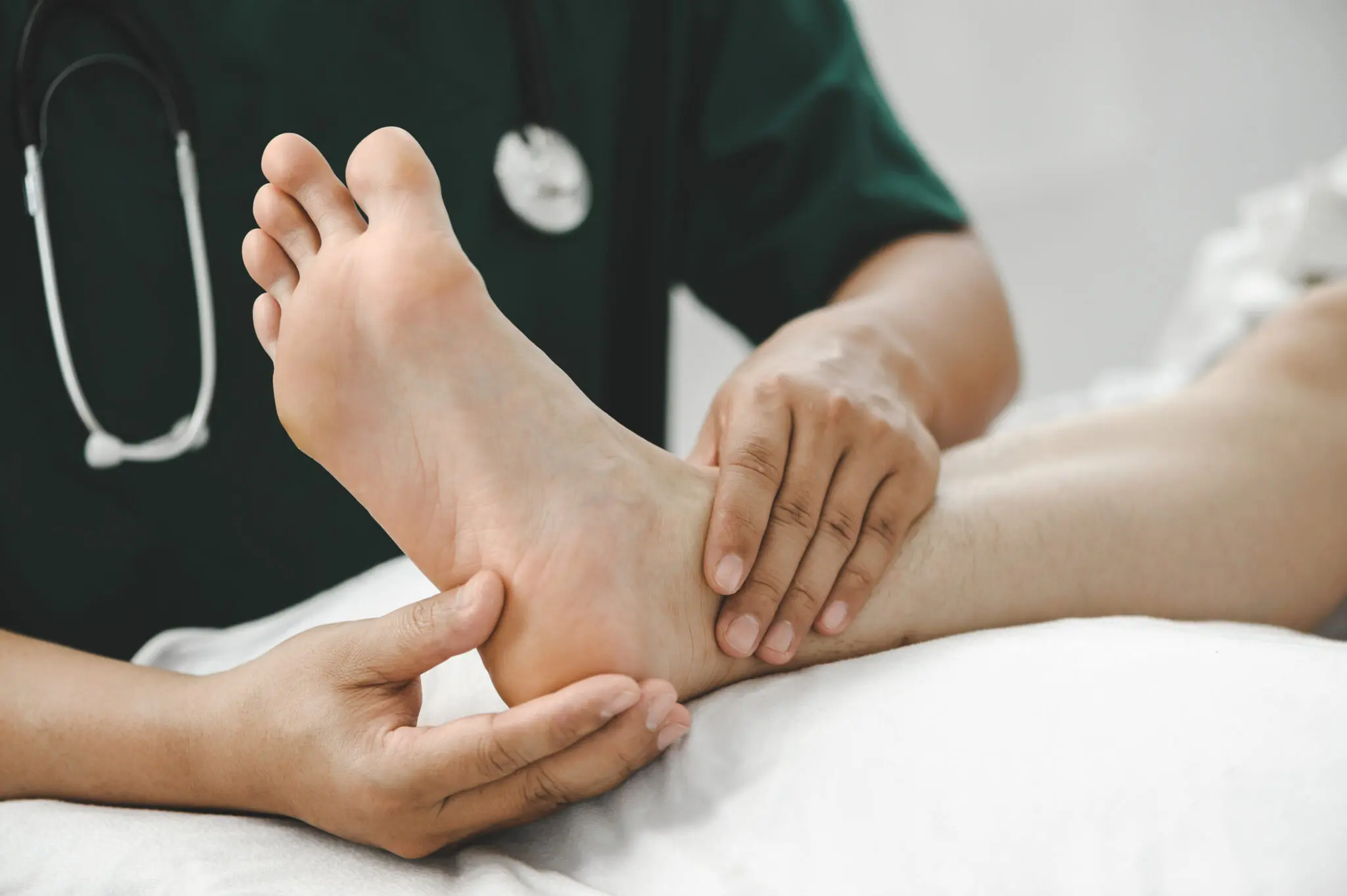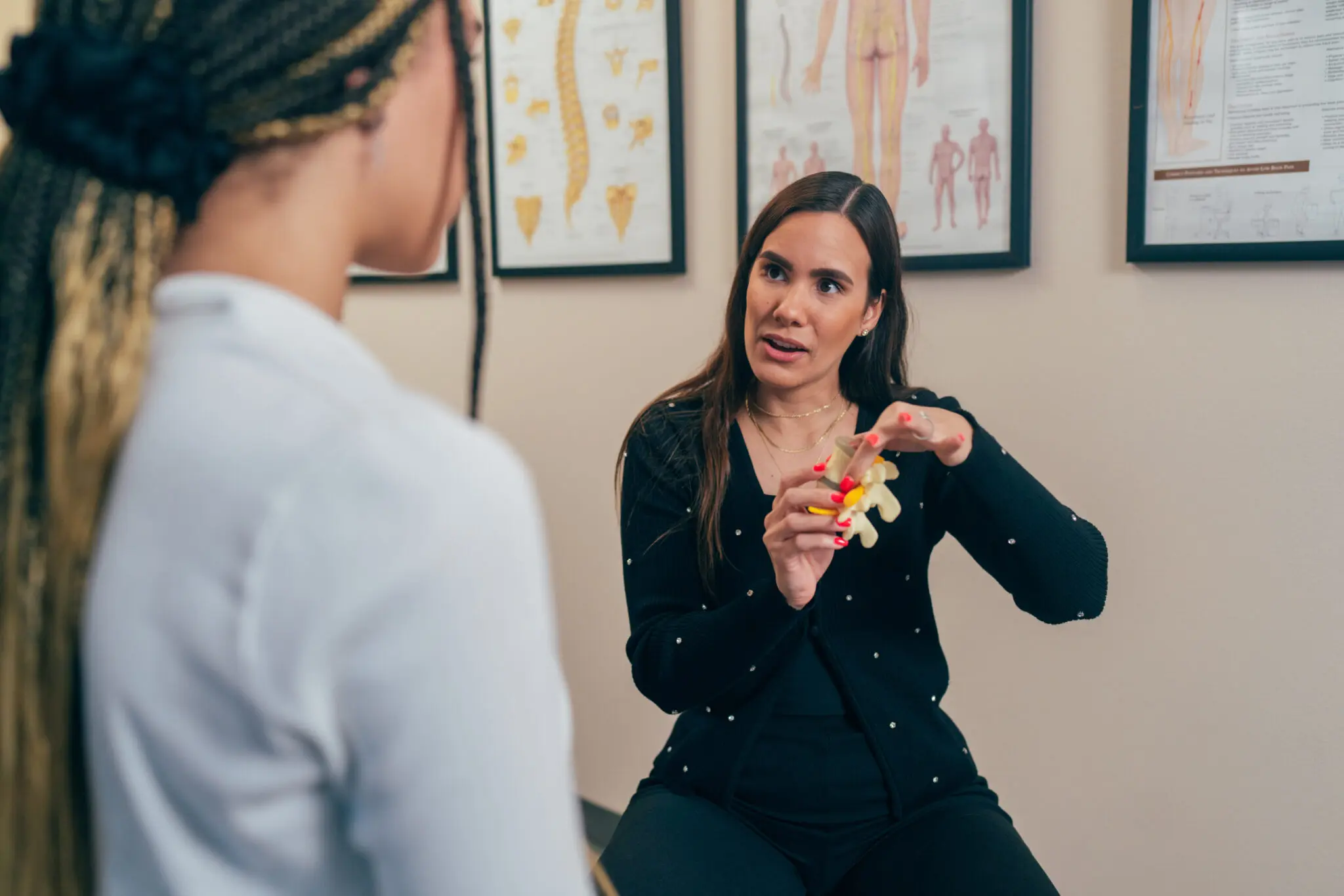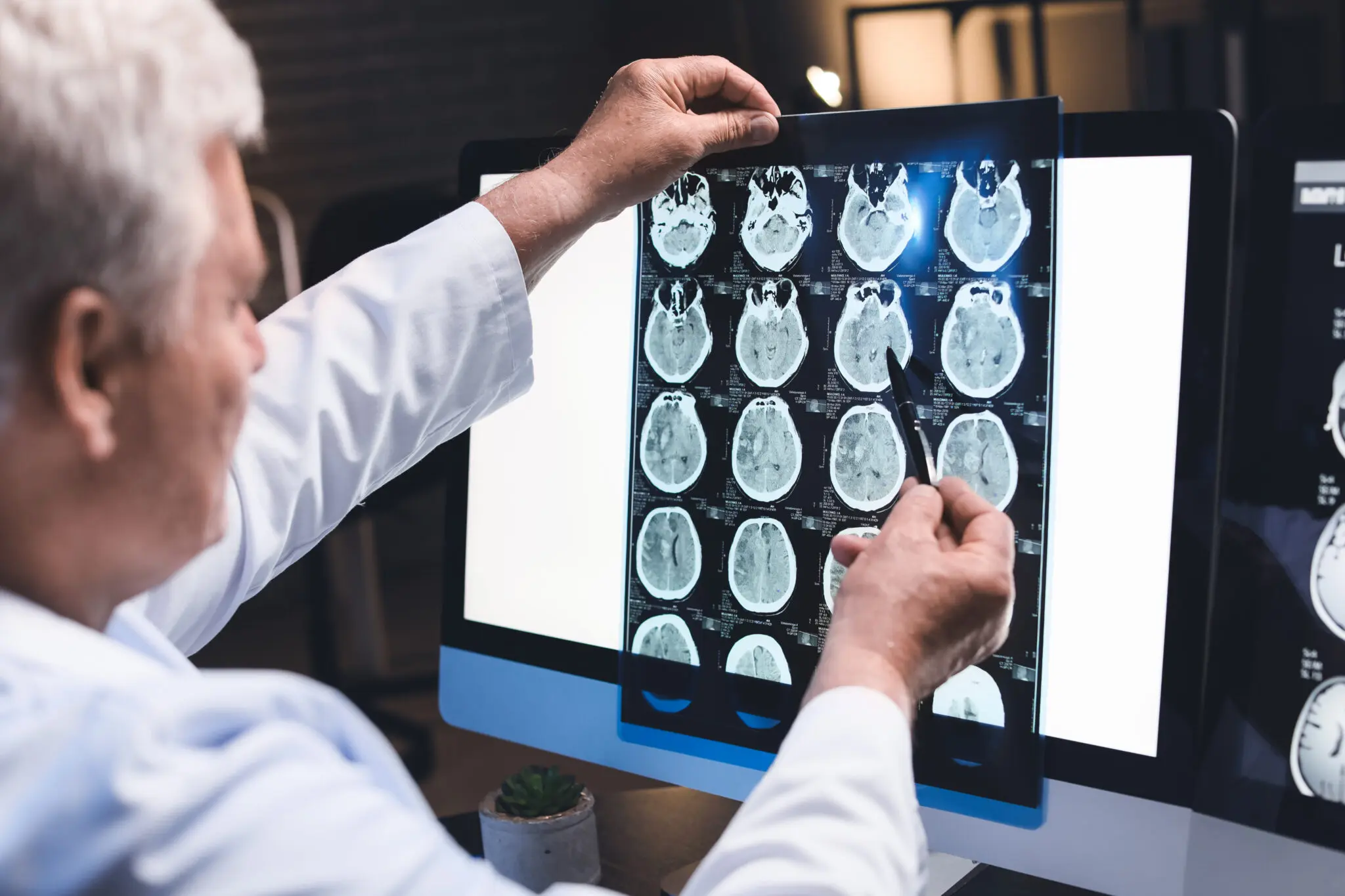Injuries We Treat
Injuries We Treat: FAQs
Do you take my insurance –OR– What if I don’t have insurance?
Unfortunately, it is common for family physicians to turn away established patients due to the complexity of taking injuries from car accidents. ProCare will do everything they can to work with you. This includes accepting most insurances, whether that is your health insurance, Personal Injury Protection (PIP), MedPay or 3rd Party liability insurance. If you don’t have any insurance, and you are not at fault, there is a very good chance we will be able to help you as well. If you have been injured from a car accident and are unsure of your insurance and/or payment options, contact one of our locations so we can help you get started.
How do I find the time to seek treatment for my car accident injury?
It’s important to seek medical care for a car accident injury as quickly as possible after the incident. This is because the injuries respond to treatment better if diagnosed early on. We have multiple locations across Texas to serve you. We want you to get the best care possible and being close to home or work makes a HUGE difference whether you attend treatments and ultimately achieve a successful health outcome.
Why not see the local chiropractor for my back injury?
A lot of chiropractors prefer to reshape your spine or help you with other ailments instead of treating injuries. We are focused on injuries from car-related accidents and our experienced chiropractors are experts in dealing with these types of injuries. However, if your injury does not respond sufficiently to chiropractic care, we have a team of specialists to help — with ProCare, you have LOTS of options to ensure you receive the best care possible after a car accident.
Do I need a referral to visit a car accident chiropractor?
Your health insurance may require a referral to see a car accident chiropractor. For more information, review your health insurance information or contact our office for help.
How should I prepare for my first appointment?
Be prepared to talk to your specialist about your medical history and your recent pain or discomfort. You should also bring with you any insurance cards or other paperwork that you may need. You can wear comfortable clothing to your first visit where a doctor may perform chiropractic adjustments, have you undergo scanning, or partake in other potential treatment methods and techniques.
Which specialist should I see for persistent back pain after a collision?
If you’re still experiencing low-back discomfort weeks after your accident, start with our Back Pain page to learn when an orthopedic, pain-management, or active-rehab expert is appropriate.
I have tingling or weakness down my leg, do I need a neurologist or an orthopedic?
Leg pain with numbness may signal nerve involvement (sciatica) or a musculoskeletal injury. See our Leg Pain page to decide whether to book neurology, orthopedics, or both.
What should I do if I suspect a spinal cord injury?
Spine trauma requires urgent evaluation. Our Spinal Cord Injuries page outlines emergency warning signs, imaging protocols, and which specialists coordinate your acute and rehab care.
